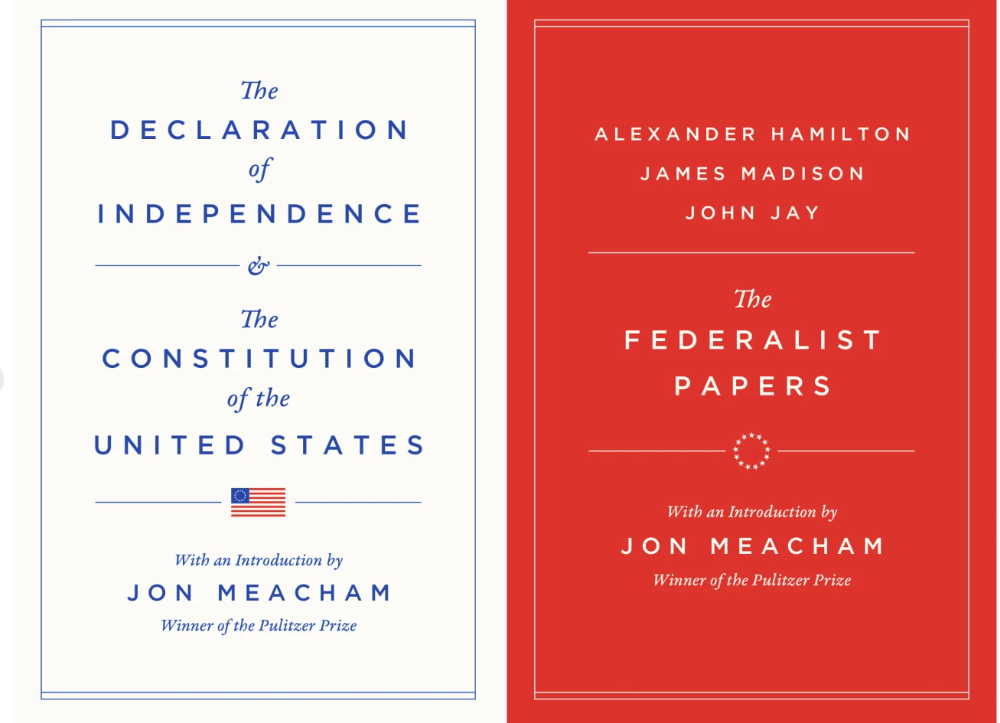When a publisher recently met with their editorial team to discuss new book ideas, the discussion naturally turned to current events and recent political developments. It quickly became clear that there was a need to revisit the nation’s founding documents—and to do it swiftly.
As a result, plans were announced to publish a hardcover edition in July that combines the Declaration of Independence and the U.S. Constitution. Another hardcover release, this time of the Federalist Papers, is set to follow in November. Both books will include introductions by a Pulitzer Prize-winning historian known for biographies of major American figures.
These new editions enter a market that has seen a surge in interest. Sales of the Declaration of Independence, the Constitution, and the Federalist Papers have reached record highs this year. By mid-April, around 162,000 copies had sold—nearly triple the 58,000 copies sold during the same period last year and almost five times the 33,000 sold the year before. During the early months of a past administration’s first term, sales reached about 92,000, which was already double the total from the previous year.
A book industry analyst attributed this sharp rise to the recent change in presidential administration. There is also a broader interest in books exploring democracy and government, including works that reflect on authoritarianism and collections of essays about public service.
This renewed focus on understanding government and democratic principles is becoming more visible across the book world.
The historian writing the introductions explained that America’s founders were trying to bring order to a revolutionary era—whether by breaking away from British rule or designing a federal system strong enough to govern, but not so powerful that it became tyrannical. Today, these same texts are seen as a compass for navigating turbulent times.
“It’s a tumultuous moment, to put it kindly,” the historian said. “One way to respond to today’s chaos—what Saint Paul might have called the ‘tribulations’—is to reconnect with the founding principles that created a system still worth defending.”
While these curated editions are thoughtfully prepared, they’ll face stiff competition. Since the founding documents are in the public domain and freely available online, many other publishers have released their own versions.
A senior book strategist noted that sales of these documents typically rise during election years, but this year has seen especially high demand. This spike is attributed not only to the charged political climate but also to the upcoming 250th anniversary of the Declaration of Independence in 2026.















